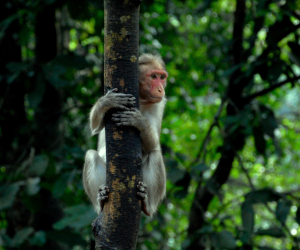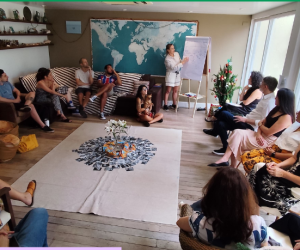News > News
21.06.14
Trip to the countryside of Pará promotes initiatives for sustainable livestock production
The International Institute for Sustainability took part in a trip supported by Working Group on Sustainable Beef (GTPS), in order to examine the initiatives related to Good Agribusiness Practices (GAP) in the state of Pará. The trip took place between May 29th and June 4th and was attended by 15 participants, who represented retail companies, slaughterhouses, government agencies, embassies and non-governmental organisations from different regions of Brazil.
The group travelled more than two thousand kilometres and visited farms in the cities of Paragominas, Parauapebas, Ourilândia do Norte and São Félix do Xingu. In Paragominas the group took part in the event organized by the local Union of Rural Producers, where pasture handling techniques aimed at increasing productivity were being presented. In the city of São Félix do Xingu the group participated in a meeting with the Mayor, municipal secretaries, local government and regional cattle producers where The Nature Conservancy initiative (in cooperation with Marfrig e Walmart), concentrated on implementation of GAP and increasing productivity was being discussed. “São Félix do Xingu is on the list of IBAMA’s embargo due to massive deforestation taking place in the region, but is showing a quite favourable scenario for the implementation of sustainable production. It is a region with the largest cattle herd in the country and hosts the biggest increase in the number of Rural Environmental Registry (CAR), that has already reached 80% of the farm lands. It looks like a considerable, collective effort is being made in order to adhere to the environmental, work and land management laws and regulations; and CAR is just the first step”, concluded Kemel Kalif, the coordinator of the Animal Production projects in IIS.
The second step would be the intensification of production and implementation of Good Agribusiness Practices, a process that is in an initial phase among the producers involved in the initiative of TNC. The group was positively surprised by the level of commitment showed by the producers, who are investing their own money in order to follow the rules of GAP. “The organizations involved are doing an amazing job by approaching the producers and building a relation of mutual trust that can only facilitate dealing with this complex productive task, that is a livestock breeding in Amazonia”, explained Kemel.






